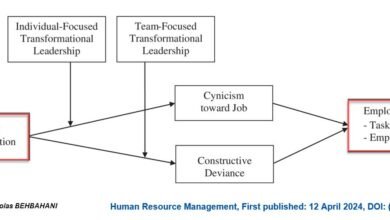How the strangeness of our dreams reveals their true purpose
A new explanation for dreaming suggests it does something far more profound than reinforcing learning as we sleep. It might even explain our love of stories

By | Erik Hoel | www.newscientist.com
IF ALIENS ever visited Earth, they might notice something strange. Nearly everyone, everywhere, spends a significant part of their day paying attention to things that aren’t real. Humans often care fiercely about events that never happened, whether in TV shows, video games, novels, movies. Why care so much about fictions?
Perhaps, these aliens might hypothesise, humans are too stupid to distinguish between truth and falsehood. Or perhaps they pay attention to fake events for the same reason that they eat too much cheesecake: both are non-natural outcomes of evolved interests.
The aliens’ confusion might deepen when they learned that humans fall asleep and dream. For dreams are also fictions. Dreaming takes time and energy, so presumably has an evolutionary purpose. The aliens might begin to wonder what they are missing about the importance of experiencing things that never happened.
As someone who grew up in my family’s bookstore, and as a novelist, this question of the importance of fictions is especially dear to me. I think the imaginary aliens are in the same position as a scientist attempting to explain the evolved purpose of dreams – and if we can identify the biological reason for dreaming, we can ask if it applies to the artificial dreams we call fictions.
As a neuroscientist, I’ve been working on a hypothesis that draws on what we’ve learned about artificial neural networks to cast dreaming as a way to improve our performance in waking life, just not in the way we might think. If correct, it may also explain some of this strange human attraction to the unreal in our waking lives.






